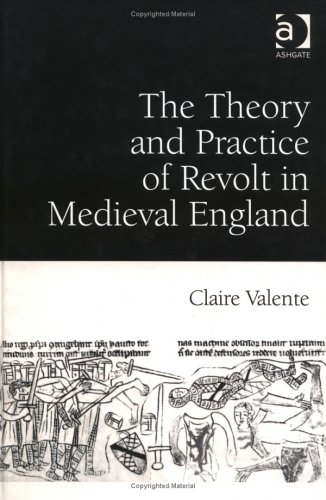Product desciption
The Theory And Practice Of Revolt In Medieval England Claire Valente by Claire Valente 9780754609018, 0754609014 instant download after payment.
Medieval Englishmen were treacherous, rebellious and killed their kings, as their French contemporaries repeatedly noted. In the 13th through 15th centuries, ten kings faced serious rebellion, in which eight were captured, deposed, and/or murdered. One other king escaped open revolt but encountered vigorous resistance. In this book, Professor Valente argues that the crises of the 13th and 14th centuries were crucibles for change; and their examination helps us to understand medieval political culture in general and key developments in later medieval England in particular. The book takes a comparative look at these crises, seeking to understand medieval ideas of proper kingship and government, the role of political violence and the changing nature of reform initiatives and the rebellions to which they led. It argues that rebellion was an accepted and to a certain extent legitimate means to restore good kingship throughout the period, but that over time it became increasingly divorced from reform aims, which were satisfied by other means, and transformed by growing lordly dominance, arrogance, and selfishness. Eventually the tradition of legitimate revolt disappeared, to be replaced by both parliament and dynastic civil war. Thus, on the one hand, development of parliament, itself an outgrowth of political crises, reduced the need for and legitimacy of crisis reform. On the other hand, when crises did arise, the idea and practice of the community of the realm, so vibrant in the 13th century, broke down under the pressures of new political and socio-economic realities. By exploring violence and ideas of government over a longer period than is normally the case, this work attempts to understand medieval conceptions on their own terms rather than with regard to modern assumptions and to use comparison as means of explaining events, ideas, and developments.


